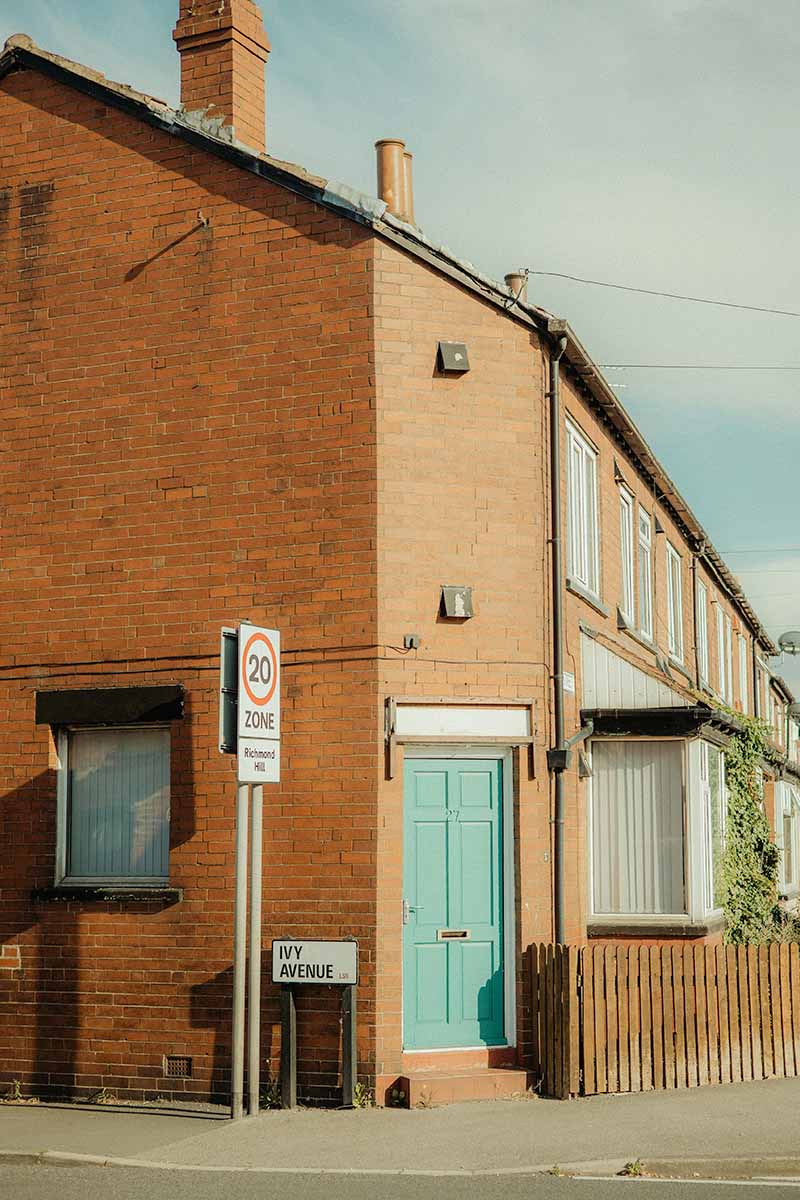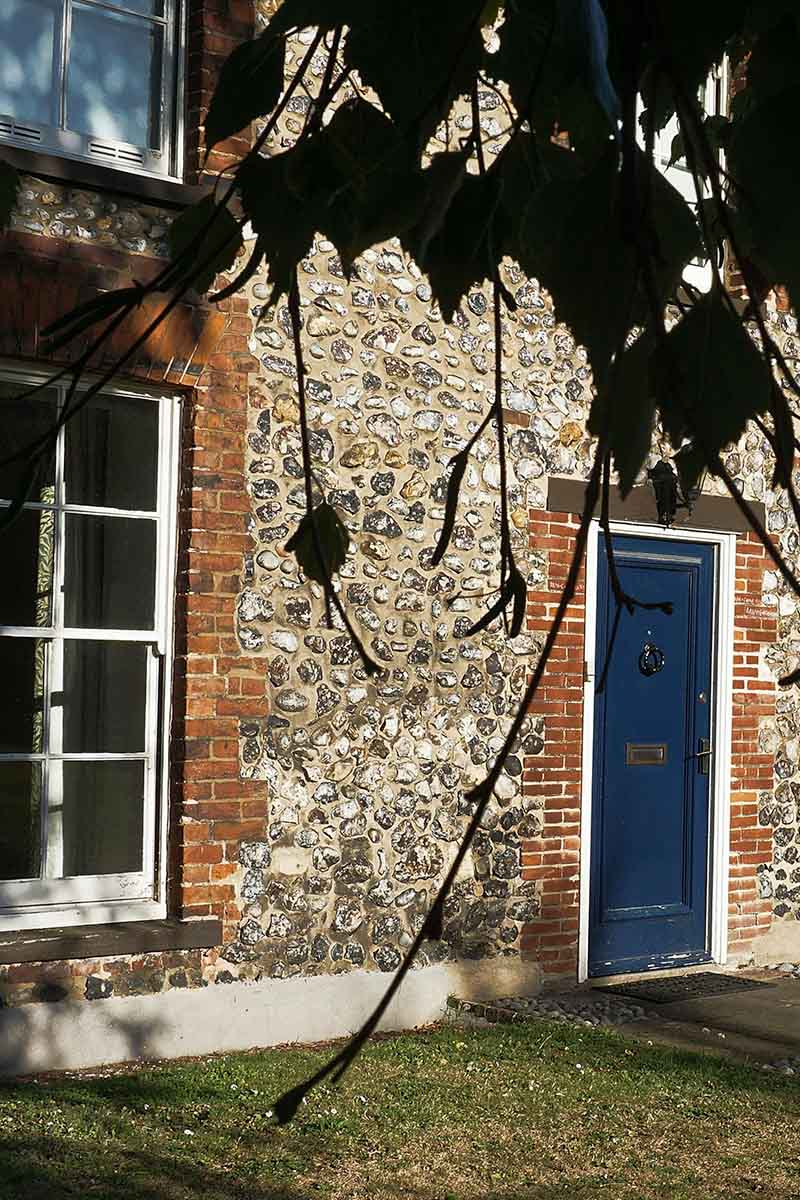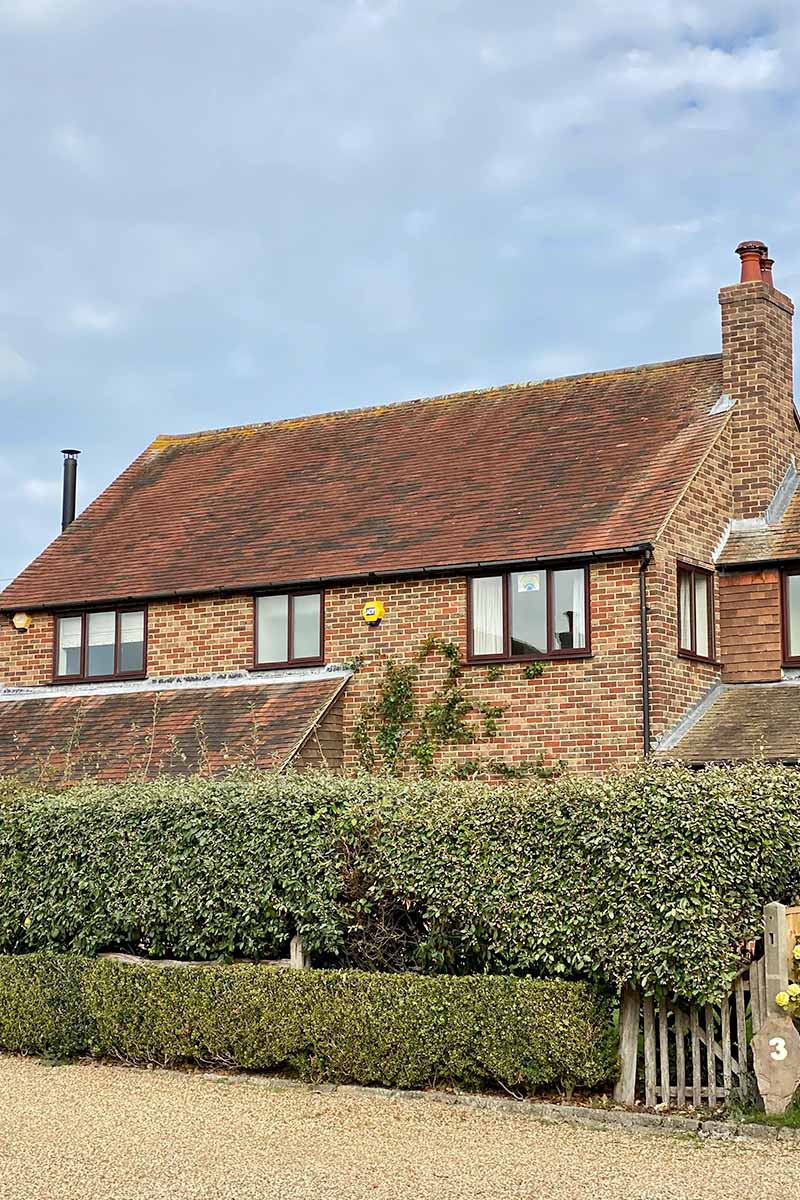What happens to your house when your spouse dies?
Losing a spouse is one of life’s most difficult experiences, and alongside the grief, there are practical questions to face about what happens to your home. Property ownership and mortgage arrangements play a major role in what happens next. This guide explains the different scenarios, links to more detailed guides on related topics, and provides examples to make the rules easier to understand.
When a spouse dies, what happens to the house depends on how it was owned and whether a mortgage remains.
- Joint tenants – the surviving spouse automatically inherits the property under the right of survivorship, including any mortgage.
- Tenants in common – the deceased’s share passes under their will (or intestacy rules if there’s no will). The new co-owner shares responsibility for the property.
- Sole ownership – the property becomes part of the deceased’s estate. It may pass to the surviving spouse or other beneficiaries, often after probate.
- Mortgages and debts – repayments do not stop. Responsibility usually falls to the survivor or the estate, though life insurance may clear the balance.
- Bills, utilities, and tax – ongoing costs still need managing, and inheritance tax or capital gains considerations may apply.

Ownership scenarios at a glance
For a deeper look at the mortgage position, see our guide: What happens to the mortgage if your partner dies.
Inheritance and probate
If the property was in your spouse’s sole name or owned as tenants in common, probate is usually required before ownership can be transferred.
- With a will – the property passes according to the terms of the will, often to the surviving spouse but sometimes to children or other relatives.
- Without a will (intestacy) – the rules of intestacy apply. In England and Wales, the spouse usually inherits most of the estate, but children may also be entitled to a share.
- Inheritance tax – assets left to a spouse or civil partner are generally exempt from inheritance tax. If the property passes to children or others, inheritance tax may apply if the total estate exceeds the threshold.
For related detail, see: What documents do I need to sell a house after bereavement.
What happens to bills and utilities
A house continues to incur costs after a spouse’s death. Utility companies and local councils should be informed promptly.
- Council tax – properties left empty after a death may qualify for exemptions until probate is granted. See: Do you pay council tax on inherited properties.
- Utilities – accounts can be switched to the surviving spouse’s name or closed once the estate is settled.
- Insurance – check whether the home remains covered, especially if it will stand empty.
Save time and hassle by selling your home with us
Get a guaranteed cash offer on any property in England and Wales. All you need to do to get started is enter your address below.
Example scenarios
Example 1: Joint tenants
Mark and Anna owned their family home in London as joint tenants with a £150,000 mortgage. When Anna passed away, Mark automatically inherited the property but became solely responsible for the £800 monthly repayments. Unable to afford them alone, he sold the property and downsized.
Example 2: Tenants in common
Raj and Priya owned their Manchester flat as tenants in common. Raj left his 50% share to his daughter from a previous marriage. Priya now owns half, while Raj’s daughter owns the other half. They must agree whether to sell the property, with Priya having the option to buy out the daughter’s share.
Example 3: Sole ownership
Elaine’s husband owned their house in his sole name. After his death, the property passed to Elaine through his will. Probate was needed before the mortgage lender accepted repayment from the estate. Elaine later refinanced the mortgage in her own name.
Options if you cannot afford the home
If you cannot keep up with repayments or household costs after inheriting, options include:
- Remortgaging into your sole name if affordable.
- Downsizing by selling and moving to a smaller property.
- Selling quickly through a cash buyer to avoid arrears or repossession. See: Sell your house for cash.
Links to further guidance
This topic connects to several of our specialist guides:
- What happens to the mortgage if your partner dies
- What documents do I need to sell a house after bereavement
- Who pays utility bills on an inherited property
- Tips for downsizing after losing a partner
- Inheriting a house with equity release
FAQs
Does the house automatically pass to me if my spouse dies?
Yes, if you owned as joint tenants. If you were tenants in common or the home was in their sole name, probate and inheritance rules apply.
Do I always need probate to transfer ownership?
No. For joint tenancy, a death certificate is usually enough. Probate is required if the home was in your spouse’s sole name or owned as tenants in common.
What if I don’t want to stay in the home?
You can sell the property, subject to ownership rights and mortgage conditions. Downsizing is a common route after bereavement.
What happens if children or stepchildren inherit a share?
They may become co-owners with you. Options include co-ownership, buy-outs, or selling and splitting proceeds.
Is inheritance tax payable on the house?
Generally not if the property passes to a spouse or civil partner. If it passes to children or others, inheritance tax may apply depending on estate value.
Recap: what happens to a house when your spouse dies?
- The outcome depends on ownership type: joint tenants, tenants in common, or sole ownership.
- Mortgages and bills continue — responsibility falls to the survivor or estate.
- Probate is needed for sole ownership or tenants in common.
- Inheritance tax is usually exempt for spouses, but rules differ if others inherit.
- Options include remortgaging, downsizing, or selling for a fresh start.
If you are struggling to manage a property after bereavement, Habello can provide a fair cash offer and a flexible timeline.
- Fair market valuation.
- Initial offer by phone, final cash offer in 48–72 hours.
- Flexible completion date to suit your circumstances.
- No legal fees if you use our partner solicitor.
Property owners are choosing Habello for a faster, easier and less stressful way to sell
Sell your home quickly for cash by accepting an offer just below market value. See how we compare to your other options by using the calculator below.
Related guides
Bring yourself up to speed with our property guides.





































































































